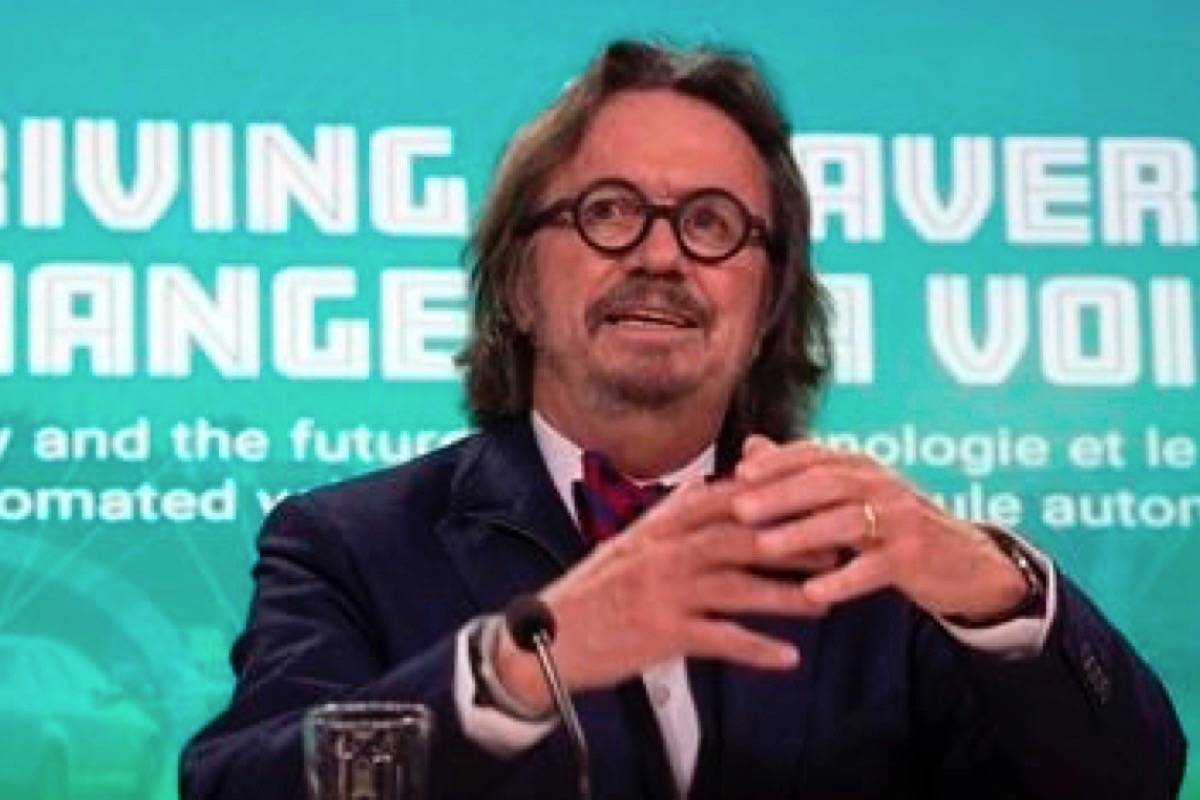A Senate committee is urging the federal Liberals to take control of the development and testing of self-driving cars on Canadian roads before governments fall too far behind the technological revolution.
In a report released Monday, members of the Senate’s transport committee describe how different departments and levels of government are taking different approaches to automated vehicles: some are hitting the brakes out of safety concerns, while others hope to drive innovation by stepping on the gas.
READ MORE: Intel CEO talks security fixes, self-driving cars at Vegas gadget show
READ MORE: Self-driving Ubers could still be many years away, says research head
The committee says the federal government needs to better co-ordinate action to avoid playing catch-up the same way provinces and cities had to do with ride-hailing services like Uber.
The report recommends giving the privacy commissioner greater reach over how car companies use drivers’ information, including whether companies can monetize personal information, and giving federal cybersecurity officials a bigger role over protecting the new technology from hackers.
The committee also says the government must invest more in its own research of self-driving cars to deal with questions of safety, such as how to ensure a driverless car safely navigates a snow-covered road.
The chairman of the committee says government action must be stronger than in the United States, but must also strike a balance to prevent spilling over into the private sector.
“We’re not trying to stifle progress, and we can’t,” said Sen. Dennis Dawson.
“The Americans … believe that we should trust enterprise, and I believe that we should trust enterprise, but the government in Canada has a more interventionist role and we want them to be able to plan on how they’re going to be using that power.”
The committee is unveiling its 16 recommendations on the same day that Transport Minister Marc Garneau meets with his provincial and territorial counterparts in Ottawa. In a statement, Garneau says the government will present a plan in the coming months for the safe introduction and use of automated vehicles on Canadian roads.
Fully-autonomous vehicles may still be a decade or more away, but companies are already testing prototypes on Canadian and American roads. Carmakers have also introduced assisted-driving features on newer model cars like adaptive cruise control and automated parking.
The committee’s report, which Garneau requested shortly after taking office, says that self-driving cars could reduce the number of vehicle collisions that are largely caused by human error, reduce greenhouse gas emissions, and boost productivity.
But it could also lead to job losses in transportation sectors that employ some 1.1 million people, including truck, bus, and taxi drivers. The Liberals, the committee says, must put in place job re-training programs for those whose jobs will be affected, and ensure sectors like after-market companies can maintain a foothold as new, automated cars hit the roads.
Jordan Press, The Canadian Press



